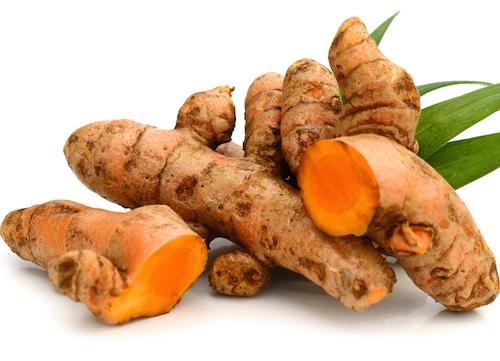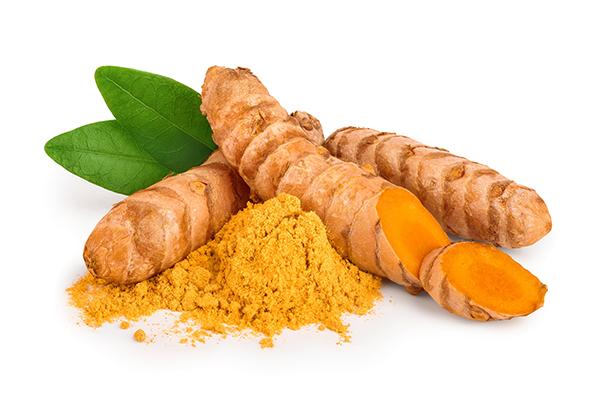A member of the ginger family, turmeric is a flowering plant native to India, valued for its vivid color, nutty flavor, and the medicinal qualities of its active ingredient, curcumin.
When properly prepared, the turmeric root stem (rhizome) imparts a golden hue to fabrics and foods and adds a savory flavor to popular Indian and Asian dishes, from curries to kormas.
But it's the purported healing powers of turmeric that are gaining the most attention. The plant has long been used in Ayurvedic and traditional Chinese medicine to "tone" the blood, relieve digestive disorders, control respiratory problems, improve rheumatism, reduce pain, and combat fatigue.
New research suggests that curcumin, the active ingredient in turmeric, also has antioxidant, anti-inflammatory, anticancer, antiviral, and antibacterial properties. Some researchers suspect that it is some of these qualities that may make it useful for people living with HIV and AIDS.
Trying turmeric for HIV or AIDS

Meanwhile, for those who swear by turmeric - or just want to try it - consuming the spice is fine and shouldn't have any negative effects. “In incredibly high amounts, far beyond what people could consume anyway, it is possible to impact the kidneys,” Willig says. But the vast majority of curcumin is disposed of as waste.
The best way to incorporate curcumin, in the absence of an easily absorbed product, is to add it to your daily diet. Add about 2 and a half teaspoons of turmeric to dishes such as eggs, soups, teas, roasted vegetables, or even smoothies. Pepper and healthy fats (coconut or olive oil or walnuts) improve absorption.
